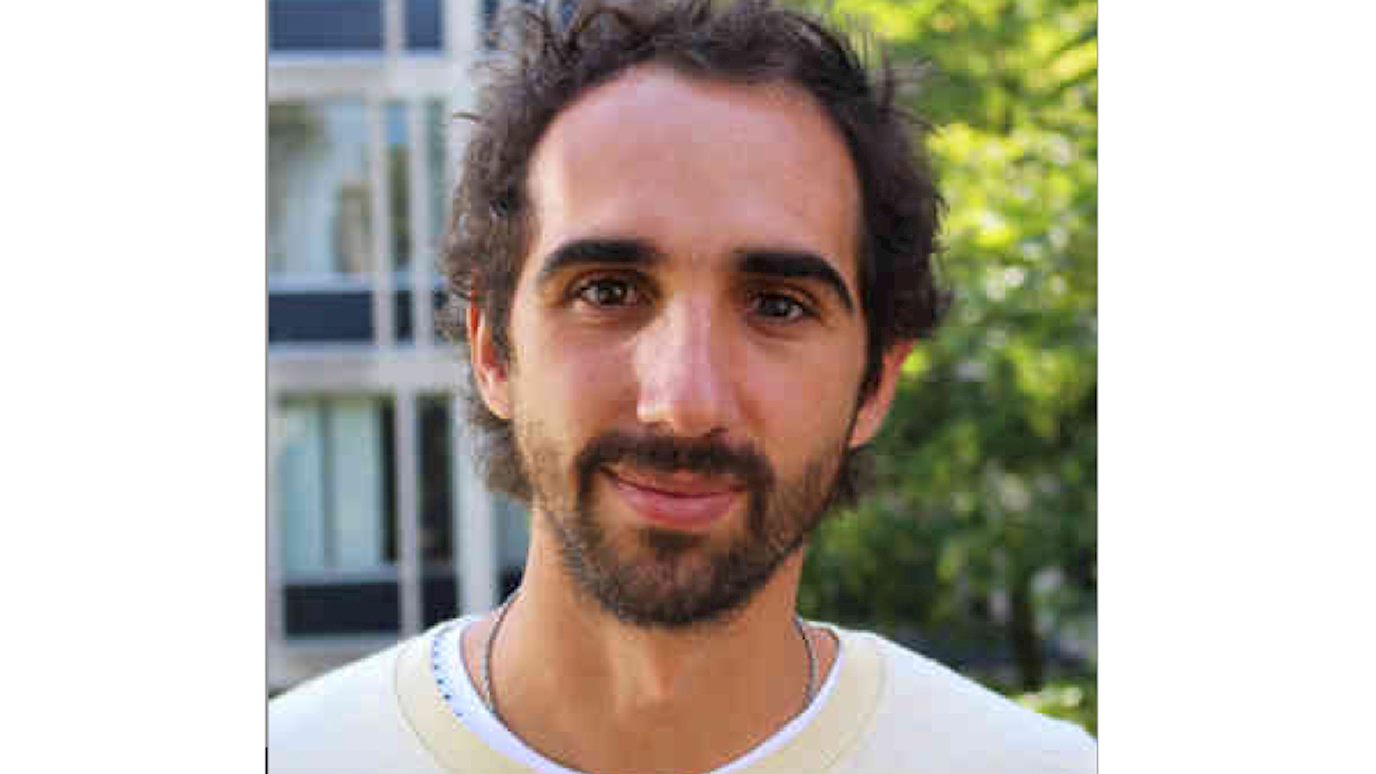Gabriel has joined the Department of Economics as a Lecturer. He is an applied microeconomist and his areas of interest are Health, Development and Political Economy.
What is your role at the Department of Economics at Royal Holloway?
I will join the academic staff in September 2022 as a Lecturer. My time is mostly dedicated to research for now, although I participate in teaching and organizing the seminars within the Economics of the Household (EcHo) research centre.
What did you do before joining the Department?
Before coming to London, I was a postdoctoral researcher at the Universitat Autònoma de Barcelona, Spain.
What is your research about?
I am mainly interested in issues in Health, Development and Political Economy. I like to work in different ideas and have a diverse portfolio, with new projects that allow me to learn something new.
You have conducted research on domestic violence and the pandemic. What have you concluded and which are the main implications in terms of public policies?
In fact, ours was just one of many papers that came out looking at the effects of the pandemic on domestic violence (DV). Interestingly, results are somehow mixed depending what data is used to measure DV. In general, those using survey data or calls to helplines do find a sharp increase of DV cases with the imposition of the lockdown. However, those using police reports fail to find any change. This is a clear reflection of one of the main issues that we face when studying DV: the lack of good, consistent, and timely information. On one side, timely administrative data from police reports and DV service calls, when available, suffers from substantial under-reporting. On the other hand, survey data collecting information on DV incidence are rarely speedily available and are costly. In our paper we propose the use of already publicly available data on google searches to track the incidence of DV. This data presents important advantages: it is free, timely, available at daily frequency, and allows for comparisons across different geographical areas. Of course, there’s no free lunch here. There are concerns regarding what these trends are measuring, and who’s data are they collecting. All things considered, our main conclusion is that by combining different sources of information we can get a more complete picture of what happened and help develop more suitable public policies.
What do you do in your free time?
In my free time I like to play sports (mostly football), go to music concerts, and travel.

